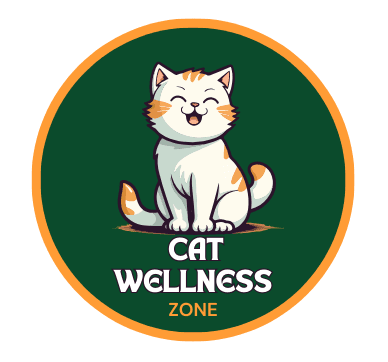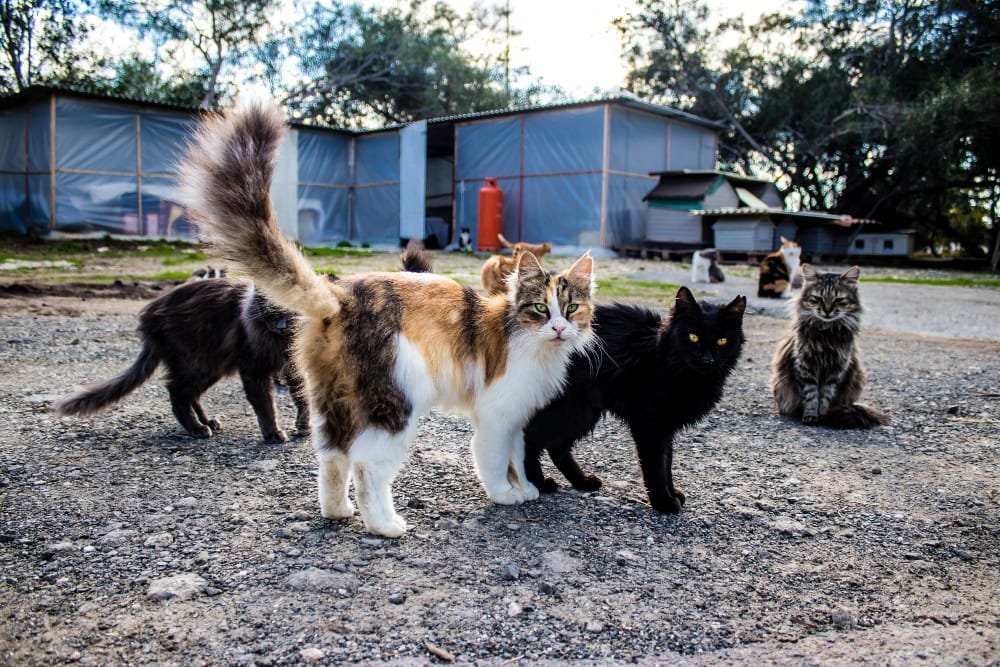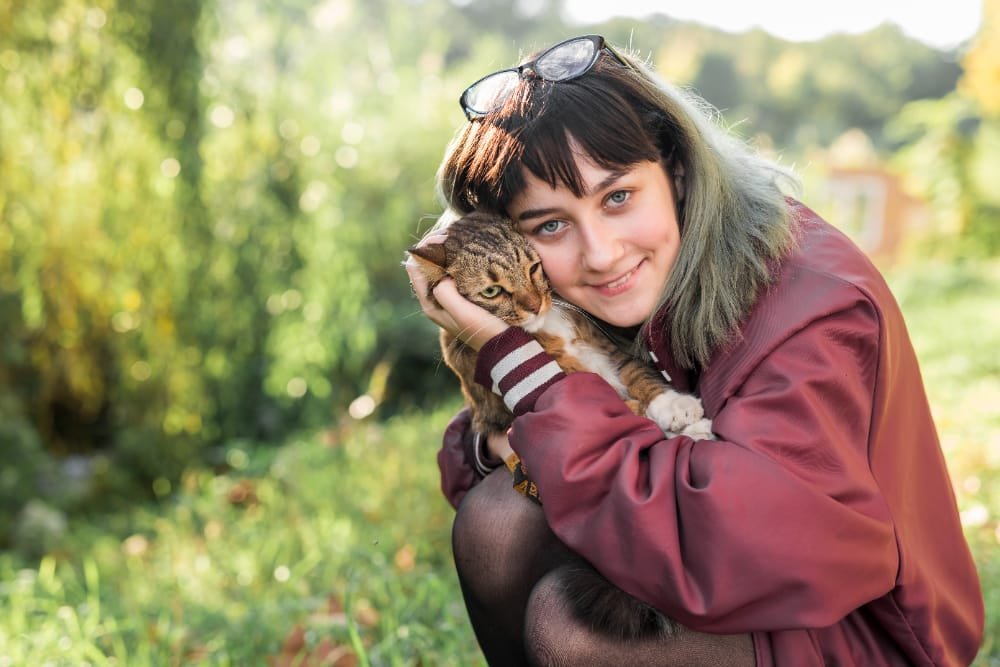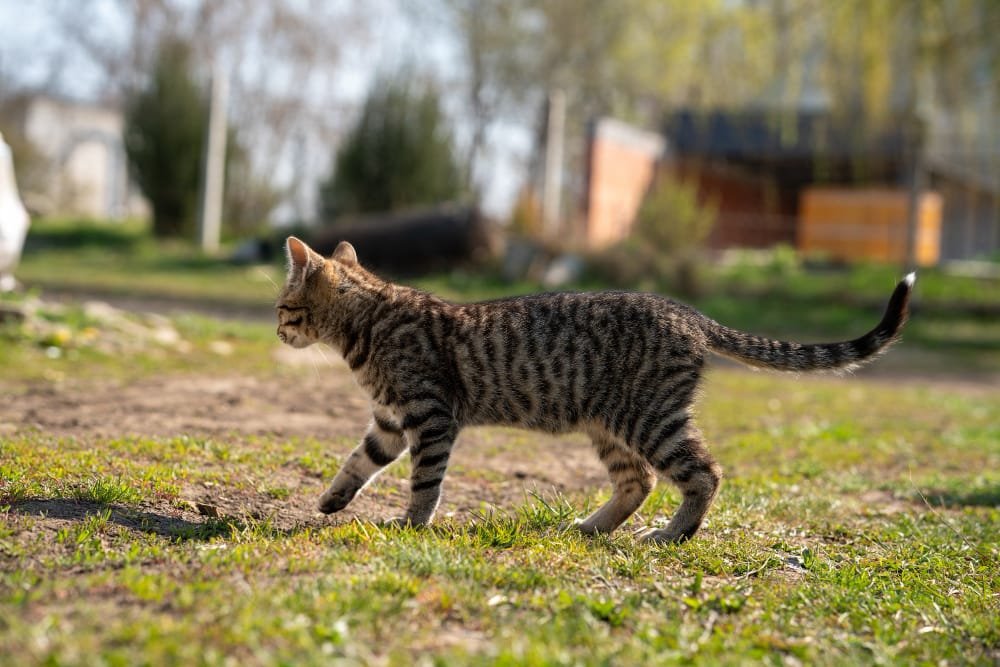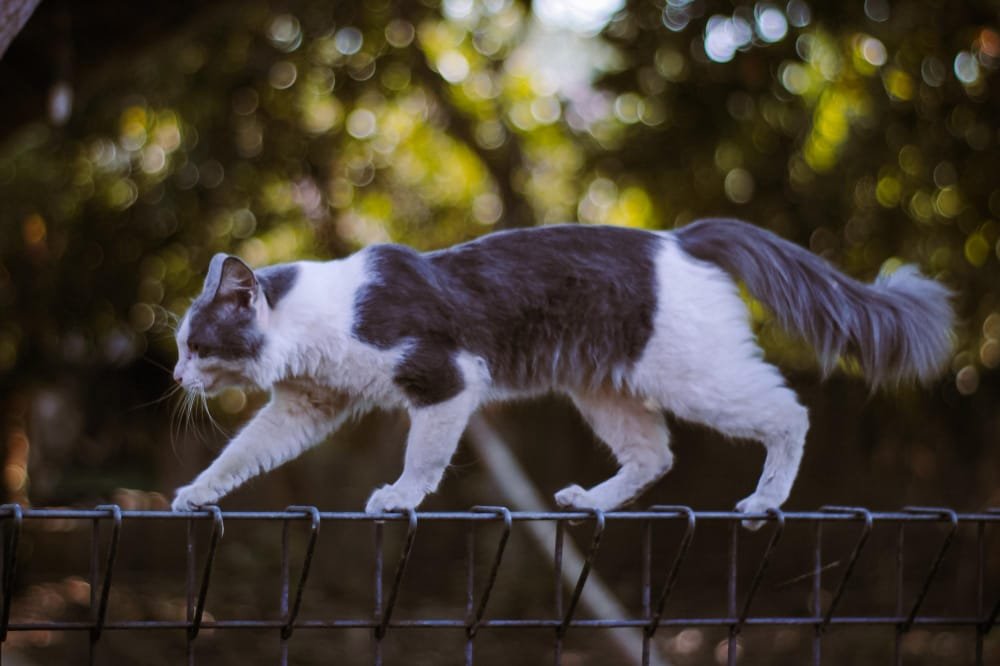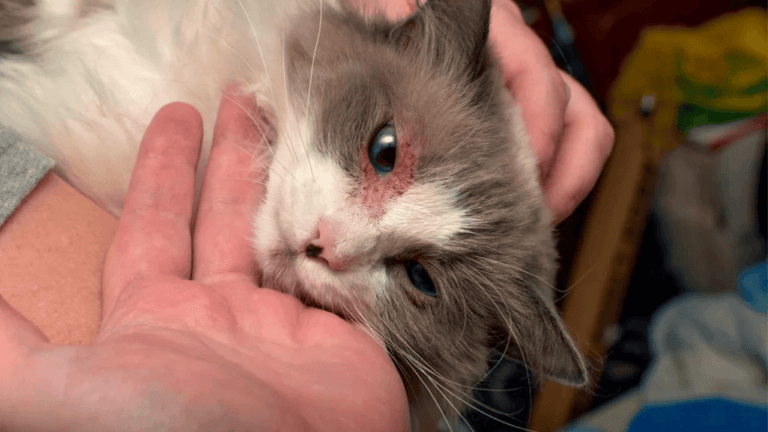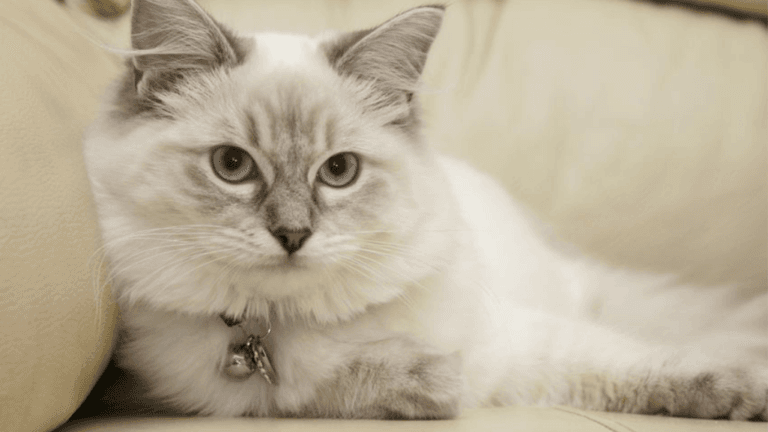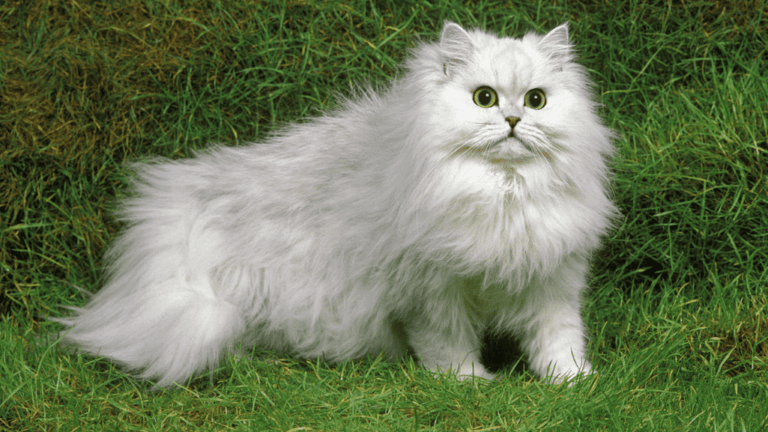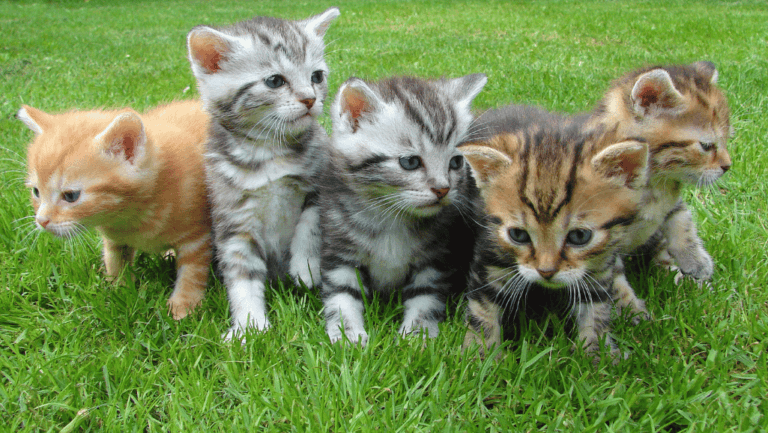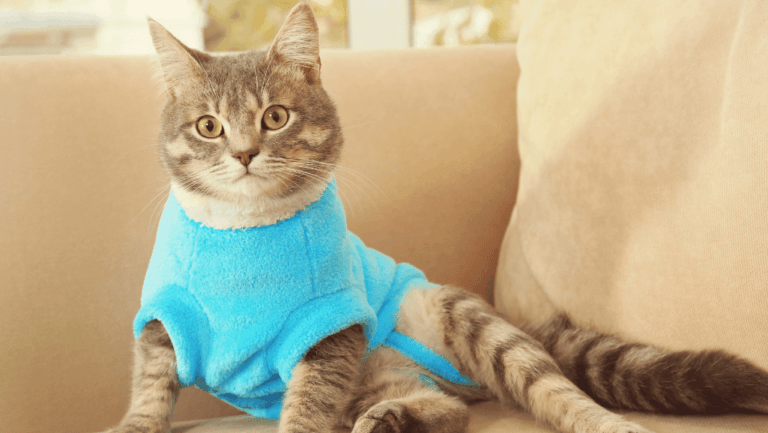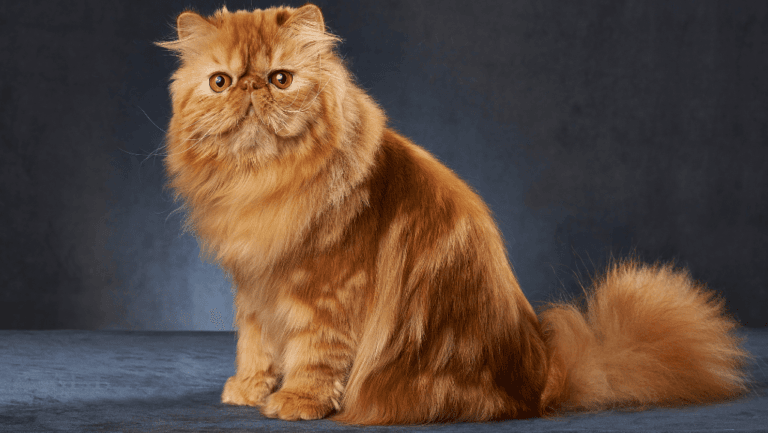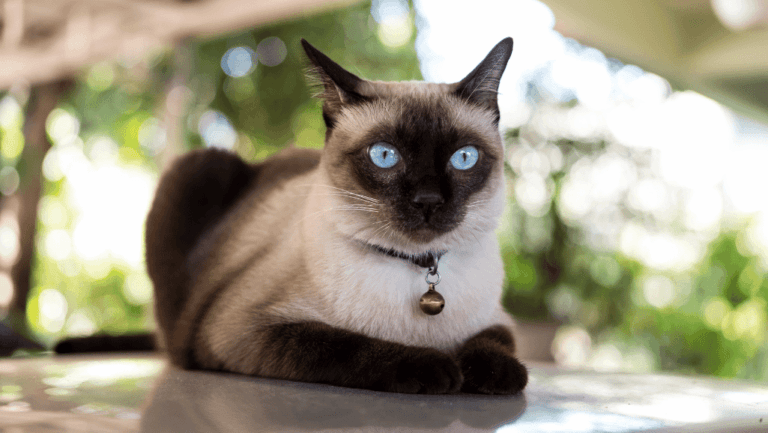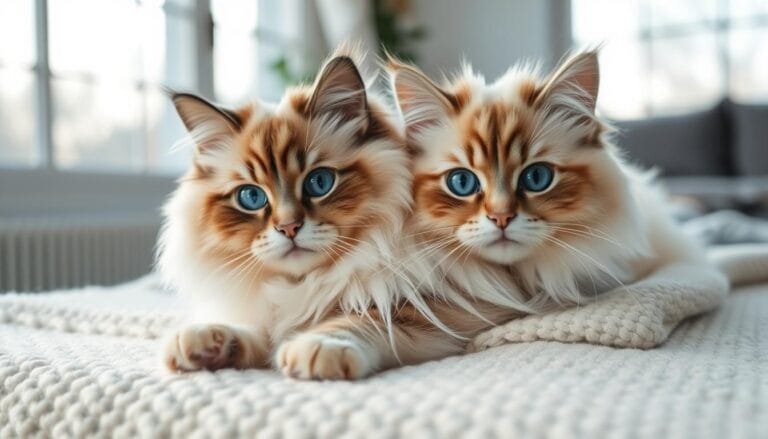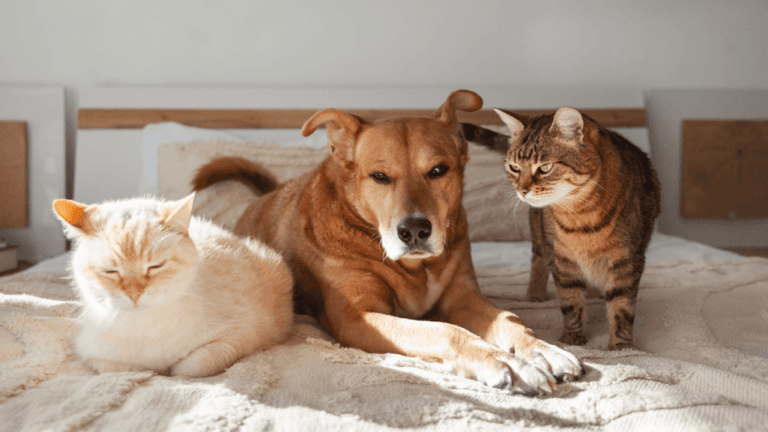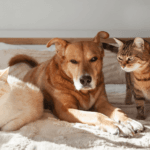Thrill-seeking pet owners often look for the best outdoor cat breed for fun adventures. Outdoor cat breeds are gaining popularity as owners enjoy hiking, backpacking, and paddleboarding with their cats. These cats are different from those who love to stay indoors. They are brave, adaptable, and loyal.
When picking an outdoor cat, it’s not just about looks. It’s about finding a cat that loves adventure as much as you do. Let’s celebrate cats that join their owners in exploring the world, one trail at a time.
Key Takeaways
- Unveil the top outdoor cat breeds that align with an adventurous lifestyle.
- Understand why personality and physical attributes are critical in choosing an outdoor cat.
- Discover why the best outdoor cat breeds for adventurous owners are more than mere pets; they’re lifelong companions in thrill.
- Reflect on the robustness and adaptability that set outdoor cat breeds apart for the rigors of the outdoors.
- Embrace the growth in outdoor feline adventures, underscored by cats who accompany their owners on every conceivable exploration.
Celebrating the Spirit of Adventure in Cats
The idea that cats should stay indoors is changing. More cats are showing they love the outdoors. This change shows cats are adaptable and love to explore.
Groups like Purina Pro Plan and Adventure Cats help cats enjoy the outdoors. They offer tips on how to keep cats safe while exploring. This lets cats and their owners have fun together, whether hiking or playing in meadows.
Defying the Indoor Cat Stereotype
Many still think cats should stay inside. But, stories and social media show cats love the outdoors. They enjoy activities like hiking and kayaking, just like dogs and humans.
Real-Life Adventure Cats: Stories to Inspire
Cats like Liebchen go on amazing adventures. They hike, paddleboard, and camp. These stories inspire other cat owners to try outdoor adventures with their pets.
Planning outdoor adventures for cats takes thought. But, the fun and benefits are clear. Cats and their owners grow closer, and cats get to enjoy the outdoors safely.
Characteristics of the Perfect Outdoor Cat
Finding the right outdoor cat characteristics is key for any cat owner. The best outdoor cat is strong, agile, and has a thick coat. They also have a curious nature that drives them to explore. Breeds like the Maine Coon and Norwegian Forest Cat are great for outdoor adventures.
Outdoor cats are natural hunters. They can move easily over different terrains, showing their agility and strength. This keeps them active and mentally sharp. It also affects local wildlife. Knowing these traits helps owners keep their cats safe outside.
Keeping outdoor cats safe is a big concern. They need vaccinations, health checks, and microchips for ID. It’s also important to create safe spaces for them to climb and explore. This helps protect them from city dangers.
| Risks | Preventive Measures |
|---|---|
| Predators and Traffic | Supervised outings, secure enclosures |
| Health Risks (Parasites, Toxins) | Regular vet visits, vaccinations, flea and tick prevention |
| Environmental Hazards (Heat, Cold) | Appropriate shelters, access control during extreme weather |
| Interaction with Wildlife | Cat fencing, bell collars to prevent hunting |
It’s important to understand and meet these needs for outdoor cats. This ensures they have a safe and happy life outside. Building a strong bond with your cat by meeting their needs can greatly improve their life and health.
Maine Coon: The Gentle Giant of Nature
The Maine Coon is known as the ‘Gentle Giant’ of cats. It has strong health, a friendly nature, and loves to play. This makes it a great choice for outdoor pets. Its thick, water-resistant fur keeps it warm in many climates.
Learn about the traits and care that make Maine Coons perfect for outdoor adventures.
Warm Coats for Cool Climates
Maine Coons have thick, double-layered coats that keep them warm and dry. They adapt well to different weather, making them great outdoor friends. Regular grooming is key to keep their coat in good shape.
This helps protect them from cold and wet weather.
The Playful Hunter: Exercise and Entertainment
Maine Coons come from a line of hunting cats. They are playful and need lots of exercise. Playing with feather wands or laser pointers is fun for them.
Maine Coons need lots of space to play and exercise. Outdoor enclosures are perfect for them. These enclosures should be big and have climbing structures.
This lets them safely jump, climb, and explore.
| Year | Event |
|---|---|
| 1895 | Cosey, a Maine Coon, wins first place at the first national cat show. |
| 1953 | Formation of the Central Maine Cat Club to promote the breed. |
| 1968 | Establishment of the Maine Coon Breeders and Fanciers Association. |
| 1985 | Designated as the official state cat of Maine. |
| 2019 | Barivel sets the record for the World’s Longest Domestic Cat. |
For those with Maine Coons, knowing how to care for them outdoors is crucial. It keeps them healthy and happy. It also strengthens the bond between cat and owner through shared outdoor fun.
A Guide to Outdoor Cat Care
 Learning how to care for outdoor cats is key to their health and happiness. Outdoor cats deal with dangers and more activity. Here’s a guide for pet owners to keep their cats safe and happy.
Learning how to care for outdoor cats is key to their health and happiness. Outdoor cats deal with dangers and more activity. Here’s a guide for pet owners to keep their cats safe and happy.
Regular health checks and vaccinations are crucial for outdoor cats. Vaccines protect against diseases like cat flu. Neutering or spaying helps prevent overpopulation and keeps them healthy.
Identification is also vital for outdoor cat care. Microchips, safe collars, and GPS trackers help bring them back if lost. Sadly, over half of lost cats in shelters are euthanized without ID.
Outdoor cat care tips include their diet. Outdoor cats need more food and water due to their active life. Providing easy access to food and water stops them from hunting in dangerous places.
Shelter is also key, especially in bad weather. Outdoor catios or enclosures keep them safe and mentally stimulated. They need a warm place to hide when it’s cold, especially below 45°F (8°C).
| Consideration | Benefit | Potential Risk |
|---|---|---|
| Regular vaccinations | Prevents deadly viruses | N/A |
| Identification Methods | Facilitates safe return | Displacement if not used |
| Proper Shelter | Comfort and security during adverse weather | Health risks in poor insulation |
| Access to Food & Water | Sustains energy levels and health | Risk of malnutrition without proper access |
In summary, a good outdoor cat care schedule includes vet visits, proper feeding, and safe outdoor spaces. Reliable identification is also key. These steps help outdoor cats live longer and safer lives.
Best Outdoor Cat: Breeds That Love to Roam
Looking for outdoor cat breeds that love the outdoors? The Bengal, American Shorthair, and Abyssinian are top picks. They’re adventurous, playful, and love to explore.
For these cats, having the right outdoor cat housing is key. There are many options to fit each breed’s needs. They keep cats safe from the weather while letting them roam. Adding best outdoor cat toys makes their space even better. It encourages them to hunt and play, which they love.
It’s also important to have outdoor cat shelters for them to retreat to. Each cat is different, so their shelter needs to match. For example, a Maine Coon needs a big, warm shelter. A Bengal might need a bigger area to run around.
| Breed | Character Traits | Outdoor Needs |
|---|---|---|
| Abyssinian | High energy, friendly, skilled hunter | Engaging toys, climbing structures |
| Norwegian Forest Cat | Loves to climb, thick fur for cold weather | Insulated shelters, high perches |
| European Shorthair | Adaptable, energetic | Safe roaming space, interactive toys |
| York Chocolate | High hunting prowess, prefers solitude | Stimulating environment with prey-like toys |
| Serengeti | Excellent climber, thrives outdoors | Cat-safe outdoor zones, climbing towers |
Choosing the right outdoor cat housing, toys, and shelters is crucial. It’s not just about where they live. It’s about making their lives better. Each breed has its own special qualities. When you match them with the right environment, they can live happy, healthy lives. Always remember to keep them safe with vet visits and supervision. With these steps, you can create a wonderful outdoor space for your adventurous cat.
The Bengal: A Lively and Energetic Explorer
The Bengal cat is a mix of smart, energetic, and adventurous. It’s perfect for exploring the outdoors. They need fun outdoor activities to stay active and safe. This keeps their body and mind healthy.
Intelligence and Agility: Ideal for Outdoor Play
Bengal cats love challenges that test their brains and bodies. Their smarts and agility make them great at complex outdoor games. Playing obstacle courses or hunting games keeps them engaged and safe.
Creating Safe and Stimulating Environments
To keep Bengal cats safe while they explore, we need good plans. Setting up safe play areas and watching them helps. This way, they can have fun and learn without danger.
- Installation of cat-safe fencing solutions
- Use of tracking devices to monitor their movements
- Providing various forms of enrichment like high perches and puzzle feeders
| Engagement Type | Benefits | Considerations |
|---|---|---|
| Interactive Toys | Stimulates natural hunting behaviors | Choose toys that are durable and safe for outdoor use |
| Supervised Exploration | Enhances sensory experiences | Always maintain visual contact to avoid potential hazards |
| Specially Designed Obstacles | Improves physical agility | Design structures that are sturdy and weather-resistant |
With the right outdoor activities, Bengal cat owners can give their pets a fun and safe space. Tailored experiences meet their needs, letting Bengals enjoy the outdoors. Owners can relax, knowing their pets are happy and safe.
Outdoor Cat Safety and Wellness
Keeping your cat safe while they explore outside is very important. Outdoor cat safety is a top concern for all pet owners. It’s key to use outdoor cat safety tips to protect them from dangers. This way, their outdoor time can be fun and safe.
Vaccinations and Regular Health Checks
It’s crucial to keep up with vaccinations and health checks for your cat. Outdoor cats face many risks, like diseases like Feline Leukemia Virus (FeLV) and Rabies. Regular vet visits for shots and check-ups help keep them safe.
Make sure your cat is up to date on FVRCP vaccinations. This helps prevent serious diseases. Regular health checks also catch problems early.
ID Tags and Microchipping for Security
ID tags and microchipping are vital for outdoor cat safety. Microchipping helps you find your cat if they get lost. A visible ID tag adds extra information, making it easier to get them back.
This combination keeps your cat safe and easy to find. It’s a smart way to ensure their outdoor adventures are safe.
| Risk Factor | Preventive Measure |
|---|---|
| Injuries from Vehicles and Wildlife | Regular training to respond to calls; Safe, visible ID tags |
| Exposure to Toxins and Diseases | Vaccinations; Avoidance of risky areas |
| Extreme Weather Conditions | Provision of shelters; Temperature-controlled environments |
| Potential for Getting Lost | Secure microchipping and updated contact information on ID tags |
By focusing on these outdoor cat safety tips, you protect your pet. You also make sure their outdoor time is fun and safe.
Norwegian Forest Cats: Masters of the Climbing World
Norwegian Forest Cats have beautiful fur and strong bodies. They love the outdoors and are great for people who enjoy nature. Their climbing skills are amazing, thanks to their strong claws and sturdy bodies.
Their Love for Heights and High Vantage Points
Norwegian Forest Cats love to climb high. They like to look around and mark their territory from up high. They need outdoor cat accessories like climbing towers and perches to explore.
Adaptability to Cold Weather and Strong Claws for Climbing
Their thick fur keeps them warm in cold weather. It also helps them climb better. This makes them very agile and good at climbing.
| Characteristic | Description |
|---|---|
| Average Height | 9-13 inches |
| Weight Range | 9-11 pounds (females), 11-14 pounds (males) |
| Life Expectancy | 13-15 years |
| Personality | Active and loyal |
| Coat Type | Thick double coat, both long and short-haired varieties |
| Common Colors | Brown, tan, and tabby |
For those living in cooler places or who love hiking, outdoor cat enclosure ideas are great. They should have many levels and climbing spots. This keeps the cats safe and happy outside.
Norwegian Forest Cats are not just beautiful but also very adaptable and strong. They love to climb and explore. Whether it’s a backyard tree or a custom enclosure, they show the true spirit of the outdoors.
Essential Outdoor Cat Accessories
For cat owners who love adventure, getting the best outdoor cat accessories is key. These include harnesses and protective gear. They ensure your cat’s safety and fun outdoors.
Choosing the right harness is important. There are webbed H-style, vest style, and jacket style harnesses. The H-style is the favorite for its comfort and simplicity.
A 16-foot retractable leash is also a must-have. It’s the go-to for 50% of cat owners for hikes. It lets cats roam while staying safe.
The RC Pets Adventure Kitty Harness is the top choice for best outdoor cat accessories. It’s made for active cats. The Revolution Plus Topical Solution is the best flea and tick treatment, used by all adventure cat parents.
Habitat Haven offers a wide range of outdoor cat furniture. They have covered catios, weather-resistant tunnels, and flea-resistant shelves. These items make outdoor time better and safer for your cat.
Using a GPS tracker is also important. It lets owners track their pet’s location and set safe zones. This is vital for keeping pets safe in new or dangerous places.
Lastly, outdoor cats need special care. They need regular flea and tick treatments and a safe outdoor space. A catio is perfect for this, offering a safe outdoor experience.
Training Your Cat for Outdoor Adventures
Going on outdoor adventures with your cat can be very rewarding. But, it’s important to start with the right training for outdoor cats. Using a proper harness and helping your cat get used to the outdoors is key for safety and fun.
Training your cat for the outdoors starts with the right gear. There are mainly two types of harnesses: vests and leads. The RC Pets’ Adventure Kitty harness and Kitty Holster walking vest are great for comfort and durability. Make sure the harness fits well, allowing you to slip one to two fingers under the straps.
Harness Training Techniques
When training your cat for the outdoors, be patient, especially with older cats. Start training indoors, letting your cat get used to the harness. Using clicker training can help, making learning fun and rewarding.
Understanding Your Cat’s Behavior and Boundaries
When moving indoor cats to outdoor life, watch their body language closely. This helps manage stress or anxiety. If your cat looks overwhelmed, pick them up or go to a safe place. Regular, short outings can help your cat feel more comfortable outside.
Here’s a quick guide to essential steps and tips in preparing your cat for outdoor excursions:
| Category | Details |
|---|---|
| Initial Training | Start with short, supervised outings to build confidence. |
| Behavior Monitoring | Watch for signs of stress or enjoyment, adjusting your approach accordingly. |
| Safety Measures | Always use a leash, consider a bell on the collar, and consult a vet beforehand. |
| Post-Outing Care | Always end on a positive note, never punishing after an outing regardless of behaviour. |
The journey of how to transition indoor cats to outdoor life is slow and needs patience from both you and your cat. With the right tips, your adventures can create lasting memories and strengthen your bond.
Hypoallergenic Breeds for the Sensitive Adventurer
For those who love the outdoors but have allergies, hypoallergenic outdoor cat breeds are a great choice. These cats are designed to reduce allergic reactions. This lets pet owners enjoy their feline friends without discomfort.
It’s important to use cat care tips outdoors for these cats. You should pick the best outdoor cat supplies to protect them from allergens.
Also, creating a safe outdoor space for cats is key. It should be secure and meet the needs of these pets. This way, they can safely enjoy the outdoors.
Sphynx: Hairless and Hypoallergenic Qualities
The Sphynx is known for its hairless look and hypoallergenic traits. They need regular baths to manage their skin oil. This helps reduce the allergens they carry.
Oriental Shorthair: An Active Companion for Allergy Sufferers
The Oriental Shorthair is a great choice for those with allergies. They are active and need lots of play. This makes them perfect for adventurous owners.
Learning about these breeds can help those with allergies. Discover more about hypoallergenic cat breeds.
| Cat Breed | Average Weight | Lifespan |
|---|---|---|
| Sphynx | Varies | 12 to 18 years |
| Oriental Shorthair | 3 to 7 kg | 15 to 20 years |
| Devon Rex | 2 to 4 kg | 9 to 13 years |
| Cornish Rex | 2 to 4.5 kg | 10 to 15 years |
Conclusion
Exploring the outdoors with a cat is a special experience for both the pet and the owner. Different places have different rules about cats going outside. But, many factors like safety and health play a big role in this decision.
Statistics show the risks and benefits of cats going outside. They face dangers but also get to do natural things that keep them healthy and happy.
So, picking the right outdoor cat and knowing how to care for them is key. In places where cats go outside a lot, owners must be careful. They need to make sure their cats are safe and don’t harm local animals.
But, keeping cats inside can also be good for them. It can help them live longer. Yet, they might miss out on some fun unless they have a great indoor space.
It’s all about finding a good balance. We should make sure our cats are happy and safe, whether they’re outside or inside. Knowing the risks and benefits helps us give them the best life possible.
